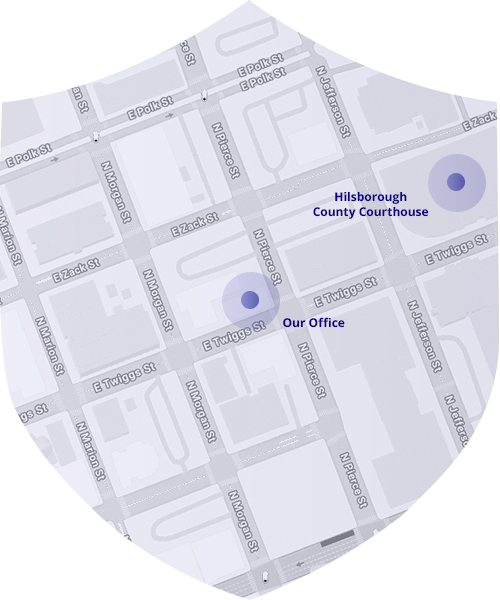- Free Consultation 24/7: (813) 727-7159 Tap Here To Call Us
Disney Cruise Overboard Rescue – Which Laws Apply?
Disney Cruise Overboard Rescue: Laws That Matter When a Father Jumps In to Save His Child

A breathtaking act of love unfolded during the recent Disney cruise overboard incident, as a father leapt from the Disney Dream into the open sea to save his young daughter. With no hesitation, he dove overboard—a moment that left passengers and viewers worldwide in tears—as captured in gripping rescue photos and videos.
Brevard County (Port Canaveral) law enforcement, not far from Tampa’s cruise port, is leading the investigation—though so far, no criminal charges have been announced. The case spotlights not only raw courage but also the complex legal framework that governs cruise ship incidents departing from Florida.
Which Laws Apply During the Disney Cruise Overboard Incident?
- Flag-State Law
Cruise ships like the Disney Dream sail under foreign flags (e.g., Bahamas). When in international waters, that country’s law generally applies. - Port-State Law (U.S.)
Once within 12 nautical miles of U.S. coast—or when leaving from a U.S. port—U.S. federal and state laws, including Florida’s, become relevant. - Federal Maritime Law
Acts like the Cruise Vessel Security and Safety Act govern onboard safety protocols, detection systems, and response procedures. - Local Jurisdiction
Since the ship departed from Port Canaveral, the Brevard County Sheriff’s Office is actively investigating . Tampa’s cruise port could see similar involvement in future cases.
In such incidents, multiple authorities—including the FBI, Coast Guard, and flag-state agencies—may be involved, depending on passengers’ nationalities and incident specifics.
Florida Ports: Jurisdiction Starts at Port Canaveral & Tampa
Florida’s coast hosts key cruise hubs: Port Canaveral, Port Miami, Port Everglades, and Tampa. Incidents that begin at or near these ports are often initially handled by local sheriff’s offices before federal entities step in.
Local counties become central to investigations—even if the event occurred in international waters—due to where the ship embarked.
When Might Legal Counsel Be Necessary?
If you or a loved one is involved in a cruise ship incident—whether as a witness or subject of investigation—legal representation is crucial. A skilled attorney can help:
- Clarify applicable maritime and Florida laws
- Navigate questioning from multiple agencies
- Protect your rights during interviews
- Offer peace of mind amid legal uncertainties
If you or someone you love is under investigation or facing charges related to a cruise ship incident—whether it happened at sea, in port, or during disembarkation—The Brancato Law Firm, P.A. offers experienced criminal defense rooted in Florida maritime law. With Tampa’s busy cruise terminal and Florida’s unique jurisdictional overlap, it’s critical to have a defense attorney who understands how local, federal, and international laws intersect. Call (813) 727-7159 today to protect your rights and get ahead of the investigation.
FAQ – Cruise Ship Legal Implications
Q: Can passengers be prosecuted for jumping into the ocean to rescue someone?
A: Unlikely. Heroic acts aren’t criminal. However, investigators may still question you to establish what happened.
Q: Does Brevard County still lead the investigation?
A: Yes. The Brevard County Sheriff’s Office first took action because the ship departed from Port Canaveral. The U.S. Coast Guard may assist, but local jurisdiction is primary.
Q: Do charges apply for accidents at sea?
A: Only if negligence, foul play, or violation of maritime regulations is found. So far, no charges are pending in this incident.
Q: Could this affect passengers disembarking in Tampa?
A: Yes. If similar incidents occur on cruises out of Tampa, local law enforcement may investigate under Florida and federal law.
Q: How are cruise ship safety rules enforced?
A: U.S.-flagged and U.S.-departing ships must comply with federal standards including detection systems, drills, and response times—mandated by law.

















